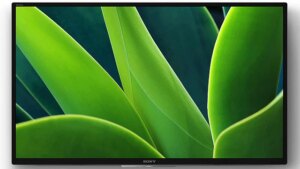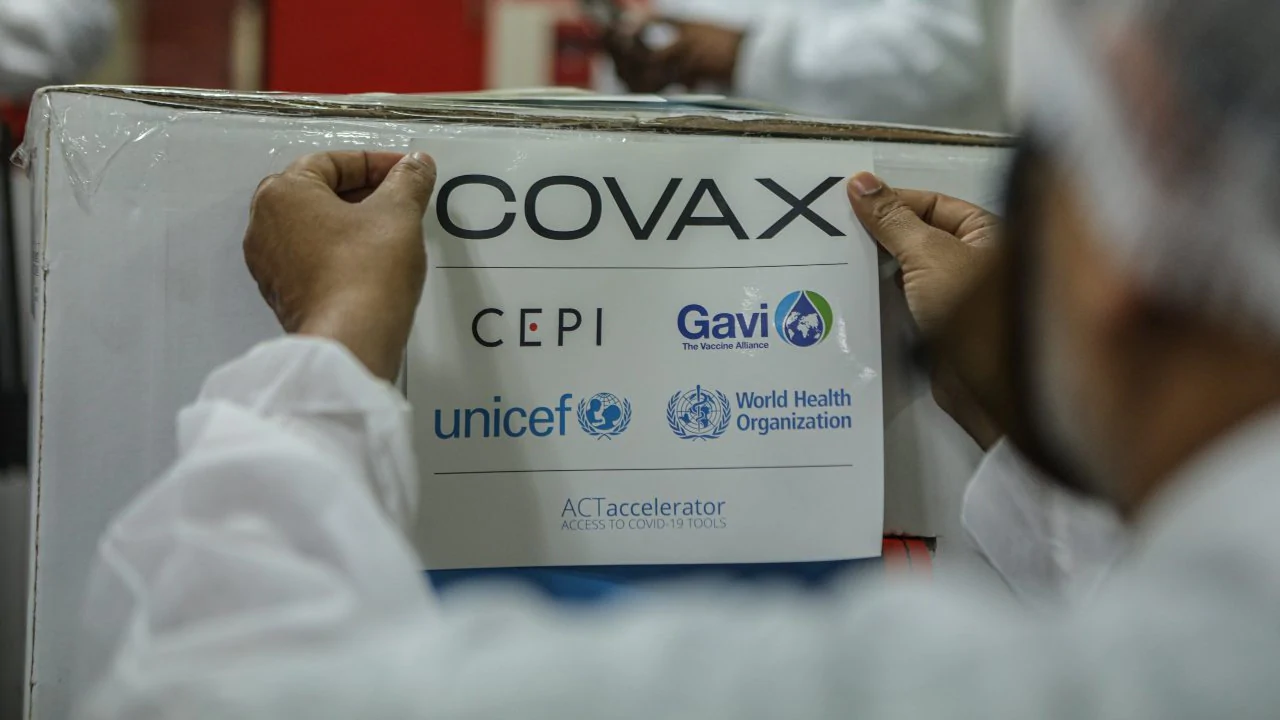At 50 percent reduction in symptoms, there were no significant difference between the groups who got the usual care, vitamin C, zinc gluconate or both medicines.

The participants either received 10 days of zinc gluconate (50 mg), vitamin C (8000 mg), both agents, or standard of care from April 2020 to October 2020.
Taking zinc or vitamin C supplements does not significantly decrease the severity or duration of symptoms in COVID-19 patients, when compared to standard care, according to a study. Researchers at Cleveland Clinic in the US noted that zinc is known to be important for immune function, with a role in antibody and white blood cell production and fighting infections. Vitamin C, an antioxidant, can help reduce damage to cells, and has shown to be immune-boosting, they said. The COVIDAtoZ clinical trial enrolled 214 adult patients with a confirmed COVID-19
patients, when compared to standard care, according to a study. Researchers at Cleveland Clinic in the US noted that zinc is known to be important for immune function, with a role in antibody and white blood cell production and fighting infections. Vitamin C, an antioxidant, can help reduce damage to cells, and has shown to be immune-boosting, they said. The COVIDAtoZ clinical trial enrolled 214 adult patients with a confirmed COVID-19 infection.
infection.
The participants either received 10 days of zinc gluconate (50 mg), vitamin C (8000 mg), both agents, or standard of care from April 2020 to October 2020.
The study, published in the journal JAMA Open Network, found no significant difference among the four groups.
At 50 percent reduction in symptoms, the study showed no significant difference between the usual care, vitamin C, zinc gluconate or the group receiving both vitamin C and zinc gluconate.
“When we began this trial, there was no research to support supplemental therapy for the prevention or treatment of patients with COVID-19 ,” said Milind Desai, from Cleveland Clinic’s Heart Vascular & Thoracic Institute and co-principal investigator of the study.
,” said Milind Desai, from Cleveland Clinic’s Heart Vascular & Thoracic Institute and co-principal investigator of the study.
“As we watched the pandemic spread across the globe, infecting and killing millions, the medical community and consumers alike scrambled to try supplements that they believed could possibly prevent infection, or ease COVID-19 symptoms, but the research is just now catching up,” Desai said.
symptoms, but the research is just now catching up,” Desai said.
“While vitamin C and zinc proved ineffective as a treatment when clinically compared to standard care, the study of other therapeutics continues,” he said.
The patients enrolled in this study were not hospitalised, but rather managed on an outpatient basis.
“We know that not all patients with COVID-19 require hospital admission, and compared to those being treated in a hospital setting, they are more likely to be seeking out supplements that could help them, so it was an important population to study,” said Suma Thomas, from Cleveland Clinic’s Heart Vascular & Thoracic Institute and co-principal investigator of the study.
require hospital admission, and compared to those being treated in a hospital setting, they are more likely to be seeking out supplements that could help them, so it was an important population to study,” said Suma Thomas, from Cleveland Clinic’s Heart Vascular & Thoracic Institute and co-principal investigator of the study.
The researchers said a total of four safety events were observed during the trial, including three deaths.
However, the data safety monitoring board did not believe that any of the adverse events were caused by individual treatments that patients received as a part of the study.










